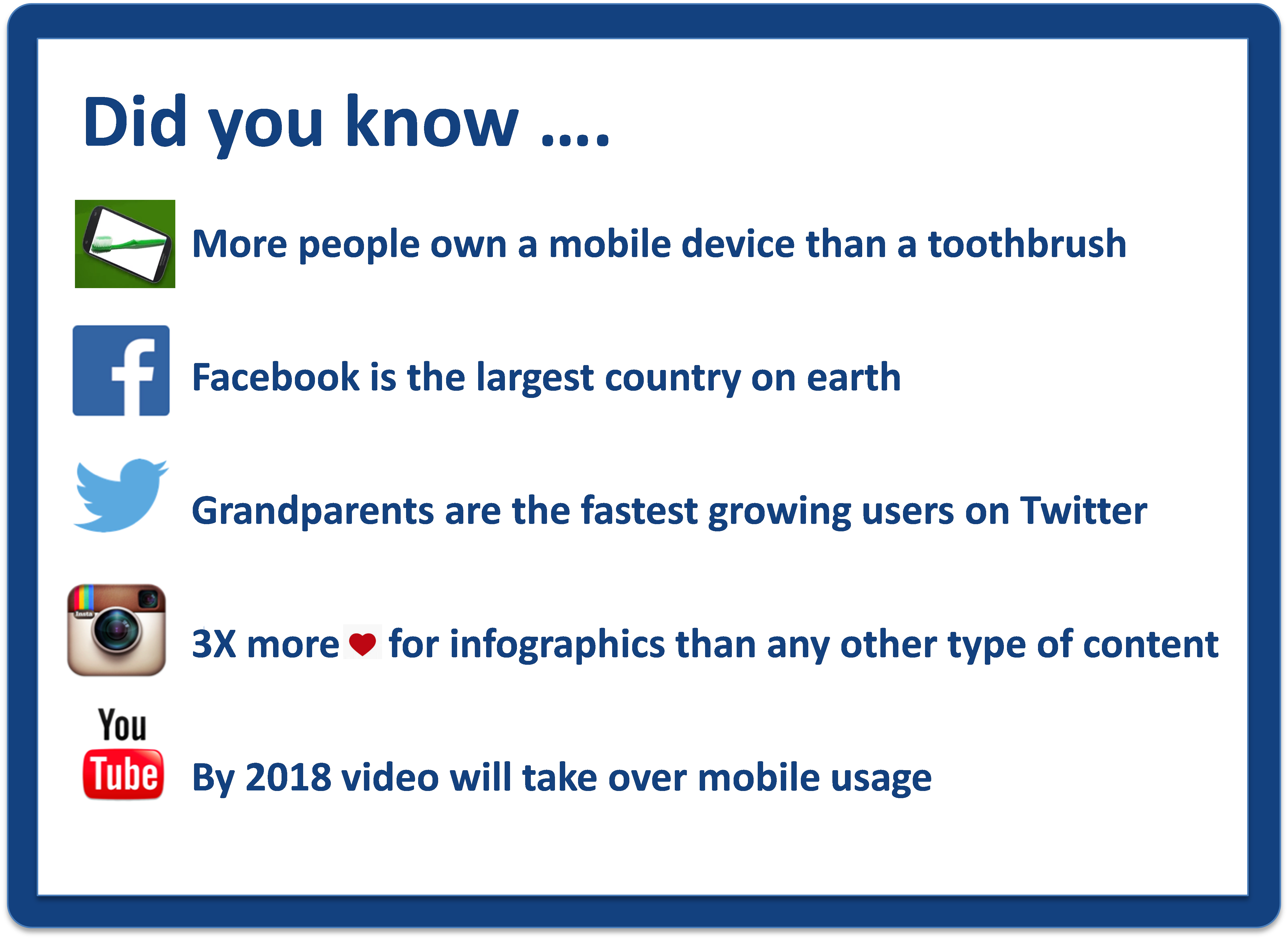

In turn those refined number systems are going to enable new kinds of trade and more precise maps, so it all feeds back on each other. As that facilitates things like trade and agriculture, that puts pressure to invent more numbers. You develop numbers that allow you to trade in more precise ways. I think the most likely scenario is one of coevolution. Numbers and the Making of Us: Counting and the Course of Human CulturesĪnother interesting parallel is the connection between numbers and agriculture and trade. It doesn’t get passed on to the next generation. In most cases the invention probably started with this ephemeral realization, but if they don’t ascribe a word to it, that realization just passes very quickly and dies with them. I don’t care how smart you are, if you don’t have numbers you’re not going to make that realization.

A lot of people think because math is so elaborate, and there are numbers that exist, they think these things are something you come to recognize. All that can be traced back to someone, somewhere saying, “Hey, I have a hand of things here.” Without that first step, or without similar first steps made to invent numbers, you don’t get to those other steps. Without them we seem to struggle differentiating seven from eight consistently with them we can send someone to the moon. But it’s so amazing to think about what they enable as a species.

These words that reify concepts are a cognitive tool. Numbers are this really simple invention. When we have numbers we can consistently discriminate them, and that allows us to find fascinating and useful patterns of nature that we would never be able to pick up on otherwise, without precision. These things are there regardless of whether or not we can consistently discriminate them. There are lots of patterns in nature, like pi, that are actually there. We can see that the circumference and diameter of a circle have a consistent ratio across circles, but it’s next to impossible to realize that without numbers. Once we invent numbers, they allow us access to these patterns in nature that we wouldn’t have otherwise. I think it’s a cause for some confusion when I talk about the invention of numbers. So what came first-the numbers or the math?

In the book, you talk at length about how our fascination with our hands-and five fingers on each-probably helped us invent numbers and from there we could use numbers to make other discoveries. Confronting languages that don’t have numbers or many numbers leads you inevitably down this track of questioning what your world would be like without numbers, and appreciating that numbers are a human invention and they’re not something we get automatically from nature. It comes indirectly from my work on languages in the Amazon. How did you become interested in the invention of numbers? To learn more about the invention of numbers and the enormous role they’ve played in human society, talked to Everett about his book. And if they are learned rather than inherited genetically, then it follows that they are not a component of the human mental hardware but are very much a part of our mental software-the feature of an app we ourselves have developed.” They are learned, acquired through cultural and linguistic transmission. As Everett writes in his new book, Numbers and the Making of Us, “Mathematical concepts are not wired into the human condition. The researchers realized something extraordinary: the Pirahã’s lack of numbers meant they couldn’t distinguish exactly between quantities above three. As the number of batteries in the line increased, so did their errors. But as soon as the initial line included four or more batteries, the Pirahã began to make mistakes. When one, two or three batteries were presented, the task was accomplished without any difficulty. The anthropologists lined up a row of batteries on a table and asked the Pirahã participants to place the same number in a parallel row on the other side. Intrigued, the researchers developed further tests for the Pirahã adults, who were all mentally and biologically healthy. But when University of Miami associate professor Caleb Everett and other anthropologists worked with the indigenous Amazonian people known as the Pirahã, they realized the members of the tribe had no word used consistently to identify any quantity, not even one. They seem natural, innate, something all humans are born with. Once you learn numbers, it’s hard to unwrap your brain from their embrace. "Numbers are a human invention, and they’re not something we get automatically from nature," says Caleb Everett.


 0 kommentar(er)
0 kommentar(er)
